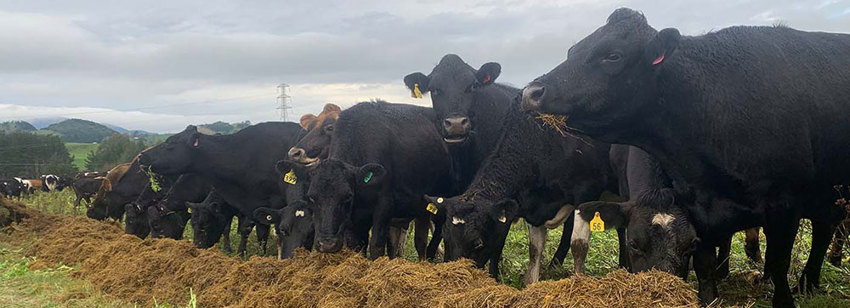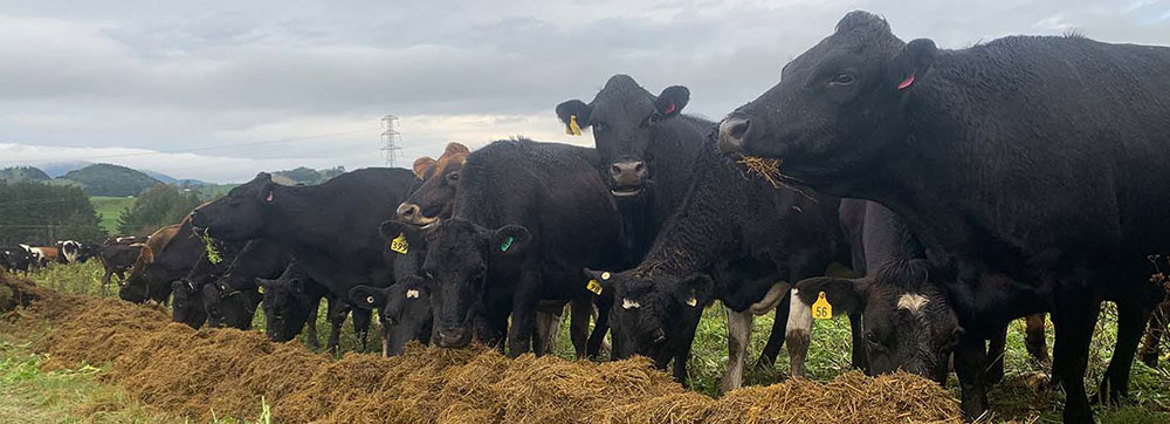On 26 August 2020, as part of the Essential Freshwater reforms, the Government announced proposed changes to the intensive winter grazing regulations (Regulations) which form part of the National Environment Standards on Freshwater Management 2020 (NES-FM). Submissions on the proposed changes to the Regulations close on Thursday 7 October 2021.
Intensive winter grazing is a farming practice where livestock are confined over winter to outdoor feeding areas and fed fodder crops. If poorly done, the practice could lead to extensive muddy areas with serious adverse effects on animal welfare and the environment, particularly to freshwater quality.
The Regulations were introduced to manage the risk of adverse effects by improving intensive winter grazing practices and were originally due to come into effect on 1 May 2021. However, criticism was received from the primary sector and regional government that the Regulations were unworkable. As a result, the effective date of the Regulations has been pushed back to 1 May 2022 and is proposed to be pushed back further to 1 November 2022 to enable consultation on proposed changes to the Regulations and provide farmers with the time to adjust their practices in preparation for the 2023 season.
Effect of the Regulations
The Regulations prevent the expansion of intensive winter grazing while providing three pathways for farmers to undertake the activity. In summary, the pathways are:
Pathway 1: Intensive winter grazing is permitted if a farmer complies with the default provisions in the Regulations which set out the minimum requirements that must be met for avoiding significant adverse effects on the environment.
Pathway 2: Intensive winter grazing is permitted if a farmer obtains a certified freshwater farm plan which demonstrates that any adverse effects from intensive winter grazing are no greater than those allowed by the default provisions.
Pathway 3: If Pathways 1 or 2 do not apply, then a farmer must apply for and obtain a resource consent for intensive winter grazing.
Proposal to change default provisions
Feedback to Government identified a number of practical difficulties with the Regulations. In summary, the issues identified related to:
- The impracticality of implementing and meeting the default provisions (Pathway 1). For example, it was considered impractical to set a nationwide date by which intensive winter grazing areas are to be resown, as compliance is dependent on unpredictable weather
- The current unavailability of certified freshwater farm plans (Pathway 2).
As a result, a large proportion of farmers would be required to obtain a resource consent (Pathway 3), which was not the original intent of the Regulations.
The proposed changes, therefore, seek to amend the default provisions under Pathway 1 so that they are more practical to comply with. This will, in turn, affect Pathway 2 since the default provisions act as a yardstick for measuring adverse effects. The Ministry for the Environment has reiterated that the proposed changes do not change the effect of the NES-FM which is to ensure intensive winter grazing is conducted in a manner that minimises environmental impact and the protection of freshwater. A full summary of the specific changes to the default provisions is provided in the Ministry for the Environment's discussion document.
Please feel free to contact a member of our national environment and resource management team if you wish to discuss the implications of these proposed changes.
Contact us Visit our environment and resource management page
















